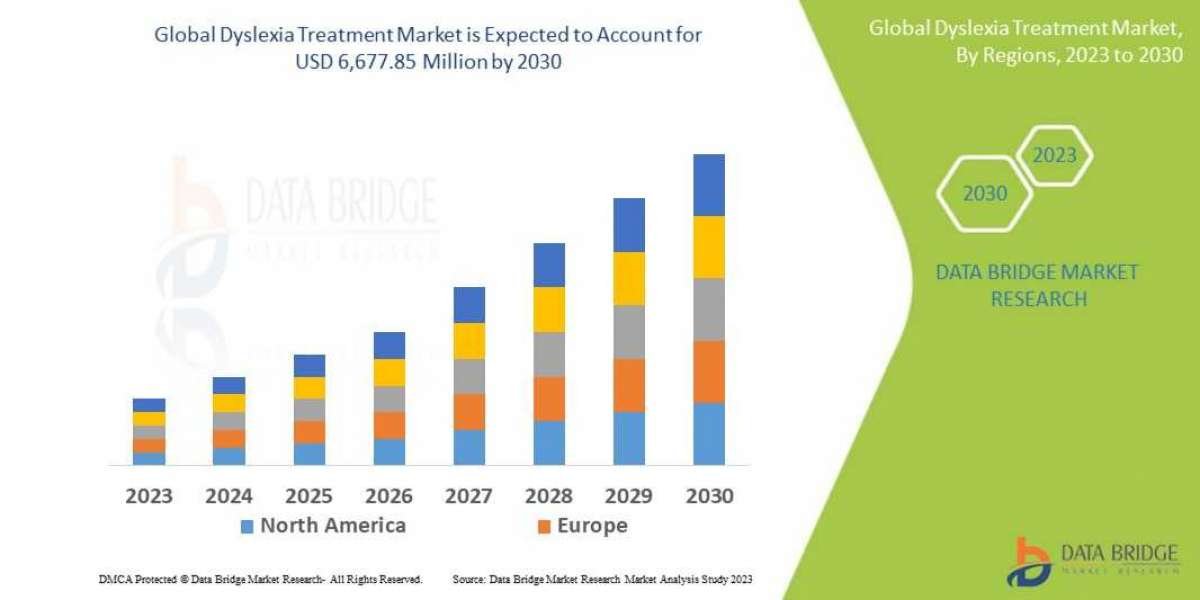The cybersecurity landscape in Japan is rapidly evolving in response to the increasing digitization of businesses, government services, and critical infrastructure. As one of the world's leading technological hubs, Japan faces growing cybersecurity threats that necessitate robust defense mechanisms and proactive measures to safeguard against cyberattacks, data breaches, and other malicious activities.
Market Dynamics:
Japan's cybersecurity market is driven by several factors:
Digital Transformation: The widespread adoption of digital technologies across industries has created new vulnerabilities and attack surfaces, driving demand for cybersecurity solutions to protect sensitive data and critical assets.
Regulatory Compliance: Stringent data protection regulations, including Japan's Act on the Protection of Personal Information (APPI) and the Financial Instruments and Exchange Act, mandate organizations to implement cybersecurity measures to safeguard customer data and ensure regulatory compliance.
Rising Cyber Threats: Japan faces a growing threat landscape, including ransomware attacks, phishing scams, insider threats, and nation-state cyber espionage. The increasing sophistication and frequency of cyberattacks underscore the importance of robust cybersecurity defenses.
Market Segmentation:
The cybersecurity market in Japan encompasses a wide range of products and services, including:
Network Security: Solutions such as firewalls, intrusion detection and prevention systems (IDS/IPS), and secure gateways protect networks from unauthorized access, malware, and other cyber threats.
Endpoint Security: Endpoint protection platforms (EPP), antivirus software, and mobile device management (MDM) solutions secure devices such as computers, smartphones, and tablets from cyber threats.
Cloud Security: With the adoption of cloud computing services, cloud security solutions such as encryption, access control, and data loss prevention (DLP) help organizations secure their cloud environments and protect sensitive data stored in the cloud.
Identity and Access Management (IAM): IAM solutions manage user identities, authentication, and access privileges to prevent unauthorized access to systems and data.
Key Players:
The cybersecurity market in Japan is characterized by the presence of both domestic and international vendors offering a wide range of cybersecurity solutions and services. Major players include multinational corporations such as Palo Alto Networks, Cisco Systems, Symantec (now NortonLifeLock), and Trend Micro, as well as domestic companies like NEC Corporation, NTT Security, and Fujitsu.
Challenges and Opportunities:
Despite significant investments in cybersecurity, Japan faces challenges such as a shortage of cybersecurity talent, legacy IT systems, and compliance complexities. However, these challenges also present opportunities for cybersecurity vendors to innovate, develop tailored solutions, and collaborate with government agencies and industry partners to address emerging threats and vulnerabilities.
Conclusion:
In conclusion, the cybersecurity market in Japan is poised for continued growth as organizations prioritize cybersecurity as a strategic imperative to protect against evolving cyber threats and ensure business resilience. With the increasing digitization of society and the proliferation of connected devices, cybersecurity will remain a critical focus area for businesses, government agencies, and individuals in Japan.














